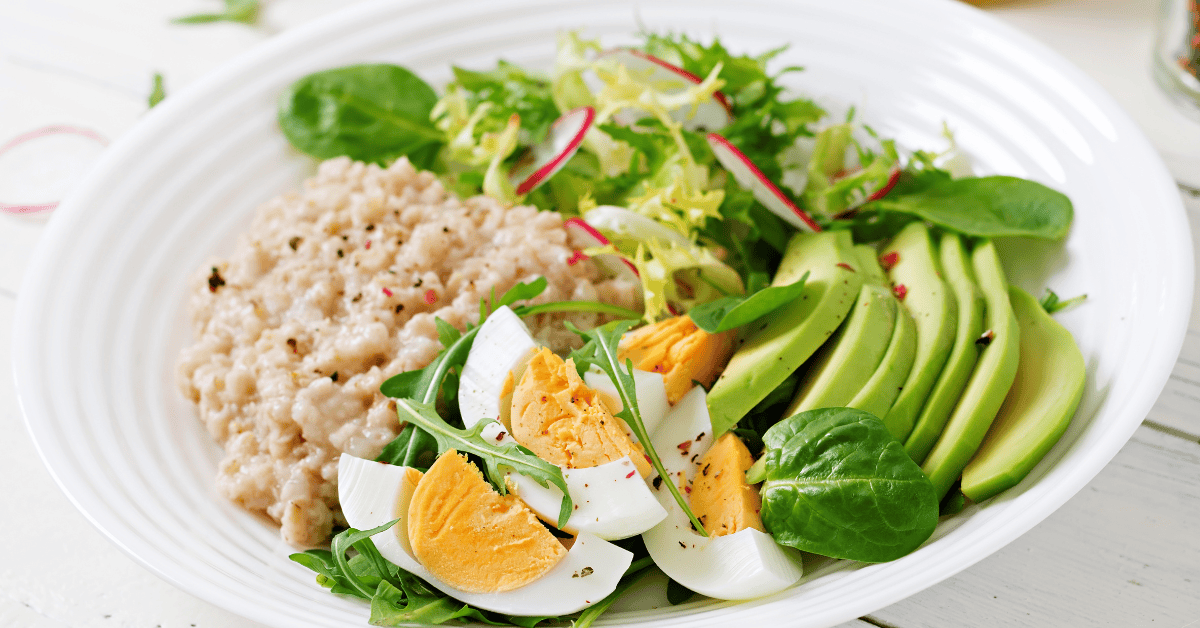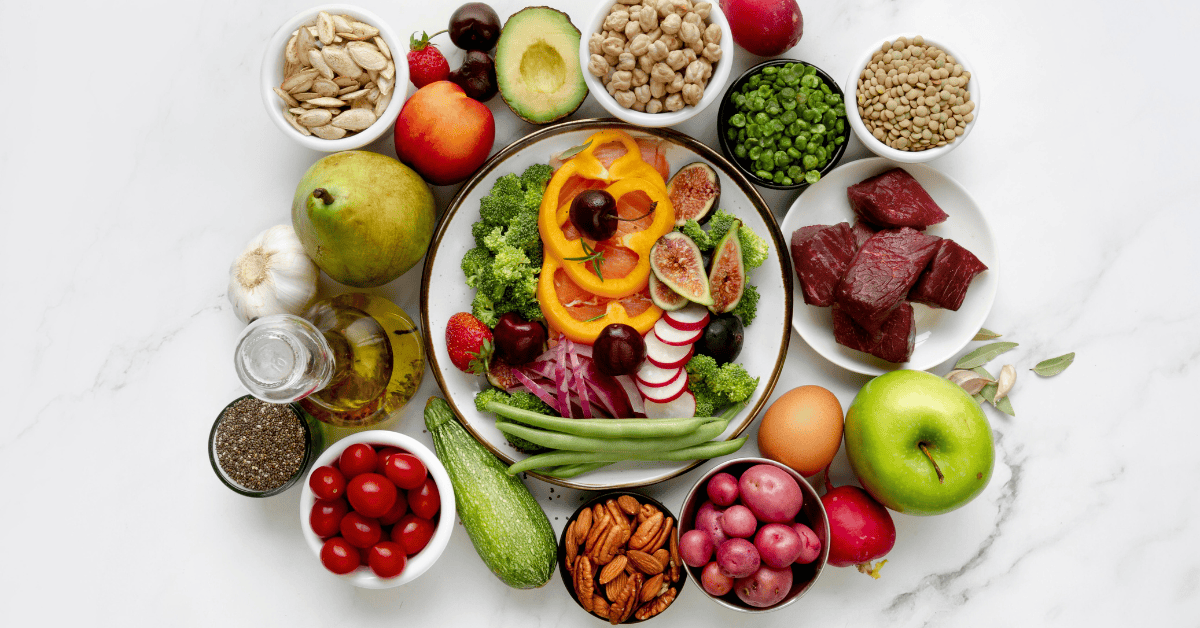What Are Collagen Rich Foods and Why Is Everyone Suddenly Obsessed?
Let’s be honest—“collagen rich foods” sounds like one of those trendy wellness buzzwords your gym friend throws around after yoga. But here’s the deal: It’s not hype. It’s literally the glue that holds your body together. Wanna glow like a glazed donut and stay bendy like a yogi? Stick around.
What Exactly Is Collagen? (And Why Should You Care?)
Collagen is the body’s most abundant protein—making up 30% of your total protein. Think of it as the “glue” holding your skin, bones, tendons, and ligaments together. There are 28 types, but 90% of your body’s collagen is Type I (skin, bones) and Type II (joints).
Here’s why it matters:
Skin: Collagen keeps it plump. Less collagen = wrinkles, sagging.
Joints: Lubricates cartilage. Low collagen = stiffness, pain.
Gut: Strengthens the lining. Weak collagen = leaky gut risks.
But here’s the catch: Your body needs specific nutrients (like vitamin C, zinc) to produce collagen. Which brings us to…
Types of Collagen Found in Food
There are 5 major types (but over 20 in total). The key players:
Type I – found in skin, tendons
Type II – cartilage
Type III – arteries & organs
These aren’t just textbook labels—they matter when picking your food.
The Collagen Crisis: Why Food Beats Supplements
Hold up—why focus on food? Because studies show that dietary collagen is absorbed better than topical creams. A 2021 Journal of Medicinal Food study found that consuming collagen peptides improved skin elasticity by 20% in 12 weeks. But not all collagen foods are equal. Let’s cut through the noise.

Why Your Body Is Crying Out for Collagen
The Anti-Aging Buzz
Collagen = skin elasticity. Translation? Fewer wrinkles, plumper cheeks, and less “why do I look tired even after 10 hours of sleep” moments.
Joints, Bones, Skin—It’s All Connected
It’s not just vanity. Collagen is essential for joint support, bone strength, and even gut lining. Your knees will thank you.
So, Where Does Collagen Come From?
Natural Sources of Collagen
Spoiler alert: Your body can make collagen, but it needs the right building blocks.
Animal-Based Collagen Foods
Chicken skin
Bone broth
Fish skin
Eggs (especially the whites)
Plant-Based Alternatives (Yes, They Exist—Kind Of)
Plants don’t have collagen, but they’ve got the nutrients (vitamin C, zinc) to help your body make its own. Call it “collagen encouragement.”
Collagen vs Collagen-Boosting Foods—Big Difference
You either eat collagen (like bone broth) or boost its production (like citrus fruits, nuts). Both matter. One gives direct protein. The other fuels your factory.
Top 10 Collagen-Rich Foods Backed by Science
1. Bone Broth: The OG Collagen Source
Simmer animal bones (chicken, beef) for 24+ hours, and you get a broth packed with Type I and II collagen. One cup delivers 10 grams of protein. Pro tip: Add apple cider vinegar to extract more minerals.
2. Salmon Skin: Don’t Toss It!
Fish collagen (Type I) is bioavailable. Salmon skin? A goldmine. A 3-oz serving has 2.7 grams of collagen—plus omega-3s to fight inflammation.
3. Chicken Feet: Global Superfood
Popular in Asian cuisines, chicken feet are 70% collagen. Sounds wild, but a Thai study found they boost hyaluronic acid (hello, hydration!).
4. Egg Whites: The Lysine Factor
Eggs don’t contain collagen, but their whites are rich in proline and lysine—amino acids critical for collagen production.
5. Citrus Fruits: Vitamin C = Collagen’s BFF
No vitamin C, no collagen. Oranges, lemons, and grapefruits provide the C needed to convert proline into collagen.
6. Berries: Antioxidant Powerhouses
Blueberries and strawberries fight free radicals that break down collagen. 1 cup = 85mg vitamin C (95% of your daily needs).
7. Garlic: Sulfur for the Win
Sulfur is a building block for collagen. Garlic also contains taurine, which repairs damaged collagen fibers.
8. Leafy Greens: Spinach Isn’t Just for Popeye
Kale, spinach, and Swiss chard are loaded with chlorophyll—shown to increase collagen precursors.
9. Cashews: Zinc Zing
Zinc activates proteins needed for collagen synthesis. 1 oz of cashews = 15% of your daily zinc.
10. Oysters: The Underrated Collagen Booster
Oysters are rich in copper—a mineral that stabilizes collagen and elastin. Just 3 oz provides 7.6mg (844% of your daily value!).
Collagen Myths You Probably Still Believe
Myth: Only Supplements Work
Nope. Real food > pills. Mother Nature always wins.
Myth: Vegans Can’t Get Any Collagen
True, but they can get building blocks for it. Hello citrus, tofu, and legumes.
Myth: It’s All About Skin
Wrong again. Collagen = gut lining, blood vessels, bones, joints.

Signs Your Body is Low on Collagen (Spoiler: It’s Not Just Wrinkles)
Wrinkles and sagging skin
Joint pain
Brittle nails
Slow wound healing
Leaky gut
Can You Eat Your Way to Better Skin? Science Says Yes
Multiple studies show noticeable skin improvements after collagen-rich diets. Not magic—just biology. Collagen peptides helped 70%+ participants in a study reduce wrinkles in just 8 weeks.
Best Time to Eat Collagen Foods? Hint: It’s Not Just Breakfast
Timing Hacks That Actually Work
Best absorbed on an empty stomach or post-workout. Pair with vitamin C.
What to Pair With Collagen Foods for MAX Absorption
Citrus fruits
Leafy greens
Zinc-rich nuts
Avoid sugar—it breaks collagen down. Bummer.
Myth vs. Fact: The Truth About Collagen Foods
Myth: “Plant-based collagen exists.”
Fact: Plants don’t produce collagen. But vitamin C-rich veggies (bell peppers, tomatoes) support collagen synthesis.Myth: “Eating gelatin = collagen.”
Fact: Gelatin is cooked collagen. It helps, but lacks amino acids like tryptophan.
What Experts, Celebs & Dermatologists Say About Collagen Foods
Quotes from Top Nutritionists
“Your kitchen is your skincare clinic.” – Dr. N. Sharma
“Bone broth is better than Botox.” – Amy R., Holistic Expert
Celebrities Who Swear by Bone Broth
Jennifer Aniston
Kourtney Kardashian
Gwyneth Paltrow (obviously)
What the YouTube Video REALLY Says About Collagen Foods
Timeline of Events in the Video
The video breaks down collagen’s role in your body, busts myths, and shares food tips—like eating organ meats (yep, liver).
Key Quotes, Stats & Takeaways
“Collagen starts declining at age 25”
“Bone broth is liquid gold”
Emphasis on whole foods over supplements
Possible Future Trends Predicted
Edible skincare
Collagen-infused snacks
Personalized collagen plans via DNA tests
Timeline: When Will You See Results?
1 Week: Better hydration (plumper skin).
4 Weeks: Reduced joint stiffness.
12 Weeks: Visible skin elasticity improvements (per clinical studies).
Patience is key—collagen turnover takes 3-6 months.
Future of Collagen: What’s Next After Bone Broth?
Edible Skincare? It’s Coming
Collagen marshmallows? You bet. Drinks, cookies, even coffee.
Lab-Grown Collagen—Yup, That’s a Thing
Cruelty-free, science-made collagen is already here. The future = synthetic yet sustainable.
Reactions: How the World Embraced Collagen Foods
From TikTok’s “bone broth girlies” to Gwyneth Paltrow’s Goop, collagen foods are having a moment. Google searches for “collagen-rich foods” spiked 200% since 2020. But critics argue it’s overhyped.
The Verdict: While collagen foods work, balance is crucial. Overdoing animal-based collagen can spike cholesterol. Mix with plants for fiber and antioxidants.

Future of Collagen: Lab-Grown and Vegan Alternatives
Scientists are brewing collagen in labs using fermented yeast—offering vegan options. Startups like Geltor already sell animal-free collagen for skincare. Will it match food’s benefits? Too early to say, but the race is on.
Final Thoughts—Is Collagen a Fad or Forever?
Look, fads come and go. But collagen? That stuff is built into your body—literally. Whether you’re aging gracefully or trying to reverse sun damage from your teenage beach days, collagen-rich foods aren’t just hype. They’re your best friends in the fridge.
FAQs About Collagen Rich Foods (You Secretly Googled)
1. What are the top 5 collagen-rich foods?
Bone broth, chicken skin, salmon skin, egg whites, and sardines.
2. Can I get collagen from plants?
Not directly—but you can get nutrients to help your body make it.
3. Is bone broth really effective?
Yes. It’s packed with natural collagen and amino acids.
4. How soon can I see results from eating collagen foods?
Around 6-8 weeks with regular intake.
5. Are collagen supplements better than food?
Food is more holistic. Supplements can help, but they’re not a miracle.
6. What destroys collagen in the body?
Sugar, smoking, too much sun, and stress.
7. Do vegans need collagen supplements?
They can benefit from collagen-boosting nutrients instead.
8. Can I eat too much collagen?
It’s rare, but too much protein can stress your kidneys.
9. Is collagen good for hair growth?
Yes! It strengthens follicles and improves texture.
10. What vitamin helps collagen absorb better?
Vitamin C is crucial.
11. Does collagen help gut health?
Yes. It helps repair the gut lining.
12. When is the best time to eat collagen?
Morning on an empty stomach or post-workout.
13. Is collagen safe for kids?
Yes—in food form, it’s safe and healthy.
14. Are there side effects of collagen-rich foods?
Very few, unless you have food allergies.
15. Do I need to eat these every day?
Consistency is key. Aim for small daily servings.
Please don’t forget to leave a review.
Explore more by joining me on Gemscor














